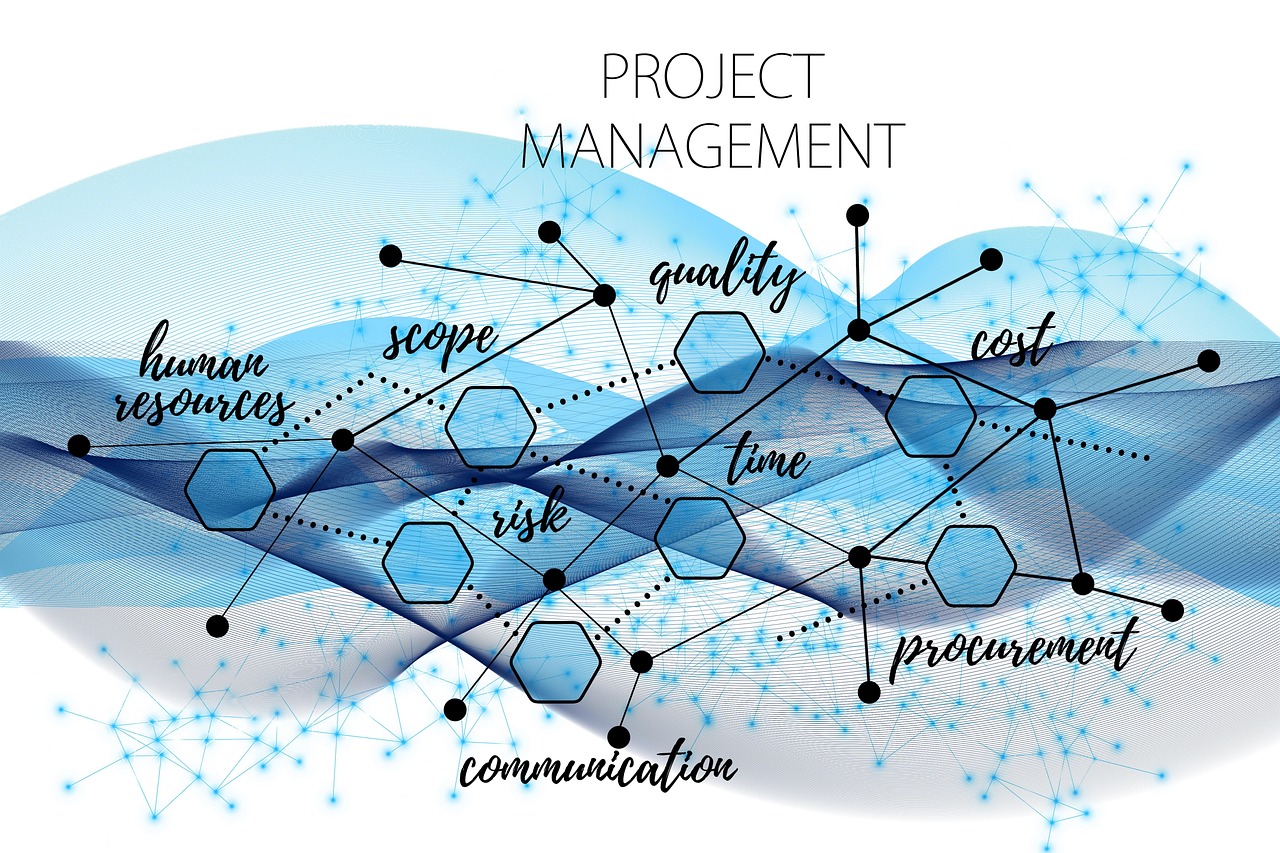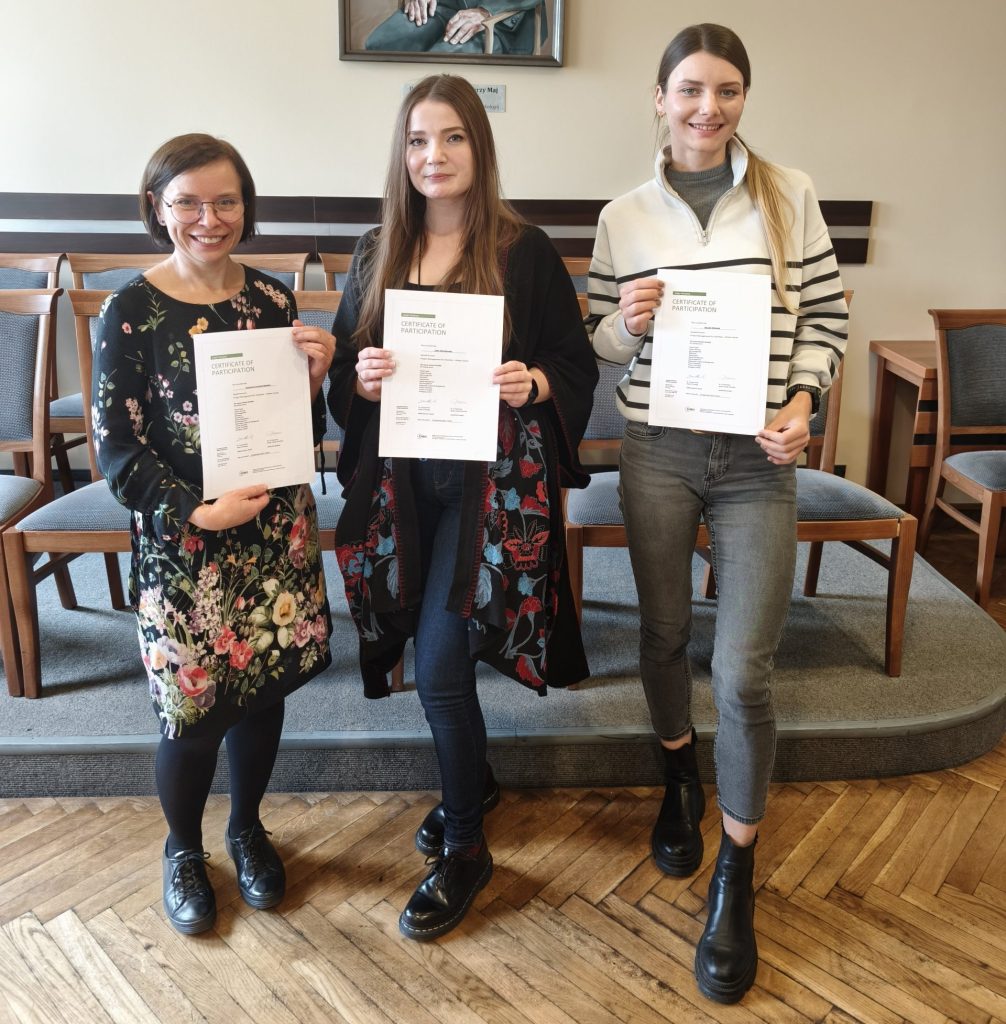Developing the Qualifications of Young Scientists within the PANERIS Project

As part of the PANERIS Project, we are committed to developing the qualifications and leadership skills of young scientists. Three researchers from Maj Institute of Pharmacology Polish Academy of Sciences (IP PAS) have recently completed the “Project Management for Scientists” course organized by EMBO Lab Leadership — a prestigious training that enhances competencies in managing and organizing research projects at the highest international level.

Congratulations to our participants on completing this outstanding program!
Participants’ Impressions
Katarzyna Curzytek-Malicka, PhD, Assistant at the Laboratory of Immunoendocrinology, Department of Experimental Neuroendocrinology, shared her reflections:
“The course organized by EMBO was very valuable. It covered many aspects related to project management. The training followed a format where the instructors introduced a topic, followed by group discussions on the subject, which allowed all participants to actively engage in the course. Particularly useful aspects discussed during the course concerned work organization and risk management. Completing the course provided me with tools useful for carrying out both large and small projects and made me aware of many issues that are often overlooked in everyday research activities.”
Julita Wesołowska, PhD, Head of the Microscopy Imaging Laboratory at the Center for Development of New Pharmacotherapies for Central Nervous System Disorders (CEPHARES), summarized her participation as follows:
“I am very glad that I was able to take part in this course, as it helped me gain a clearer understanding of project management, but also provided me with knowledge on how to incorporate all these principles into my daily work routine. In addition to discussing issues related to project management, organization, and structuring, I received a concise overview of ways to deal with potential challenges that may arise during project work — such as risk management, conflict resolution, and identifying potential stakeholders of the project and its outcomes.”
Klaudia Misiołek, MSc, PhD student at the Department of Molecular Neuropharmacology, also shared her insights: “The aim of the course was to develop skills in effective work planning, goal setting, efficient communication, and monitoring progress in the implementation of scientific projects. I learned to use tools such as SMART goal setting, task planning using ‘work packages,’ task prioritization according to the MoSCoW method, risk management through assessing its relative weight and cost, and conflict resolution within a team using various strategies. The course was highly interactive, consisting of short expert lectures and numerous individual and group exercises that enabled practical application of the discussed tools. A great advantage was the openness of the instructors, who eagerly answered questions and actively participated in discussions, including through a private communication channel.”

The Power of Networking
All participants emphasized the great value of networking throughout the course.
“Thanks to group work, participants were able to learn from one another by sharing their experiences and perspectives,” noted Klaudia Misiołek, MSc.
“Networking also proved to be valuable, as we could exchange experiences with colleagues who are at a similar stage of their scientific careers,” added Julita Wesołowska, PhD.
Final Reflections
When asked to summarize their impressions, all three researchers expressed highly positive opinions about the EMBO course: “My impressions of the course are very positive, and I definitely recommend it to all scientists who want to improve their project management skills,” said Klaudia Misiołek, MSc.
“The course was very intensive and demanding, but not a single minute was wasted,” commented Julita Wesołowska, PhD.
“I would recommend it to everyone,” concluded Katarzyna Curzytek-Malicka, PhD.

The opinions and views expressed are solely those of their author(s) and do not necessarily reflect those of the European Union or of the European Research Executive Agency (REA). Neither the European Union nor the REA can be held responsible for them.






